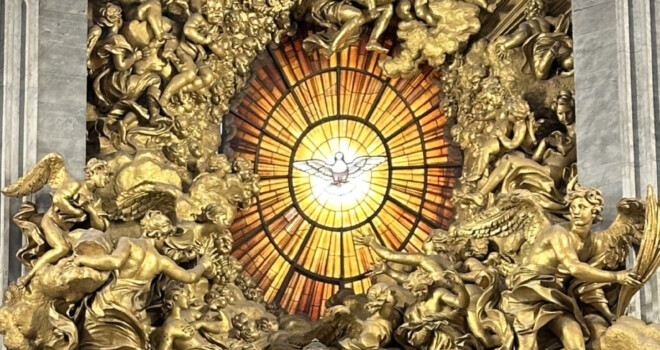
Over a decade ago, young adults like yours truly were bamboozled into joining these “start-up” digital communities deceptively called “Social” Media. Flagship .coms like Myspace (and later Facebook) surfaced, lording over us the potential benefits of engineered social connection. Shortly thereafter, copycat services began to emerge making slight changes to alter the way we communicate with one another.
Twitter optimized the short (and witty) discourse.
Vine provided an even unhealthier version of YouTube to capitalize on our attention through video.
Instagram dominated our visual senses with selfie overloads.
We took the bait.
We bit it hard.
And we’re still trying to digest it.
Now, social media interaction has become commonplace. Through it, we communicate with a few people we know and more that we don’t. For four to 20 hours a day (you can pick your own spot on that spectrum), our eyes and minds are glued to social media much like a substance abuser is glued to alcohol or drugs. In fact, the behavioral addiction is actually much worse because of two reasons– it’s become socially acceptable AND it has overtaken more people than the material poisons we ingest. According to researcher and author Adam Altar, “Addictive tech is part of the mainstream in a way that addictive substances never will be.” Due its nearly infinite reach, the clutches of social media (and screen usage as a whole) have controlled our attention to the point of perfect distraction from the things that matter most in life.
And people are starting to realize it.
We as Catholics, of course, always knew that there was something dark about Facebook, Twitter, Instagram, and TikTok (especially TikTok), etc., because we feel that tug at our conscience every time we log onto those platforms. Sure, we might be able to see our great Aunt Sally’s pics of her visit to the Caribbean, but when the algorithm randomly decides to show us a hateful post by a political party, a BOGO deal on material items we don’t need, or a pornographic image, our conscience throws up red flags.
We recognize the evil.
And the rest of the world is noticing, too.
Celebrities with millions of followers have bowed out of the social media scene. Creatives and scholars have figured out how detrimental social media is to their work, too. Instead of fragmenting their minds to tend to their fans, they opt to block out hours of their day to participate in the deep work that is the catalyst to their creations.
Having an online presence through social media is not only exhausting, but it has far more negative effects on the one who uses it than positive ones. The research has come out time and time again stating the negative effects of the nefarious, money-driven platforms. They create more discord than unity (especially during election years). They publish more lies than truth. They glorify drama instead of peace. They point souls towards vice rather than virtue.
The soul can only take so much. That’s why so many people feel drawn to leave social media for a time, detoxing their online presence so as to focus more on their real reason for existing in this world – namely, to truly live.
Earlier in this article, I mentioned that we feel a strange tug on our souls that allude to the darkness that social media has on us. This “tug” is our conscience telling us that our efforts to serve God are better used beyond our screens. By lifting our heads from the mechanical glow of the pixels below us, we can raise our eyes to Christ’s eternal and ineffable light. For it is “in his light that we see light” (Ps. 36:10).
Social media is killing us.
It’s time to leave this man-made missionary field (or at least limit it to its most minimal use) and double our efforts in the real missionary field where men and women and are truly made.
✠




